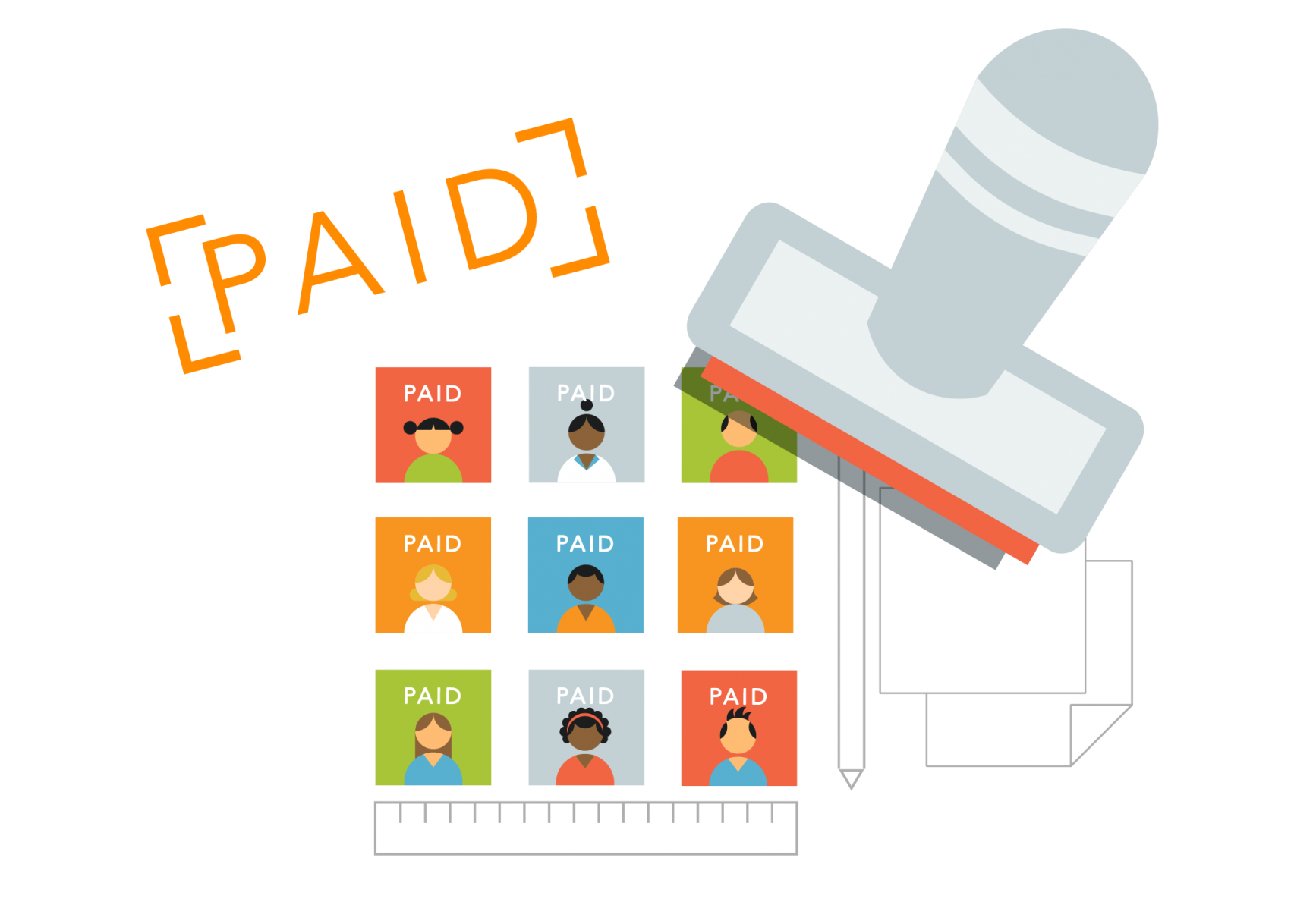Get Ready to Return Medicare Overpayments if You Find Them
 Do you know whether your practice has had any Medicare overpayments recently? If the answer is ‘no’ (i.e., you don’t know), it’s time to get acquainted with your claims data.
Do you know whether your practice has had any Medicare overpayments recently? If the answer is ‘no’ (i.e., you don’t know), it’s time to get acquainted with your claims data.
Why is this important? As of March 14, a final rule requires physicians to report and repay Medicare overpayments within 60 days of identifying them. Notable is the fact that physicians are essentially on the hook for all overpayments that they identify within six years of when the overpayment is received.
According to a CMS announcement, the purpose of the rule is to “support compliance with applicable statutes, promote the furnishing of high quality care, and to protect the Medicare Trust Funds against improper payments, including fraudulent payment.”
CMS says the rule doesn’t necessarily require practices to create formal compliance plans or audit strategies, yet some experts feel that the requirement is implicit.
At a minimum, providers must have a way to conduct thorough billing audits as well as a process for following up on potential overpayments, says Tony Maida, partner at McDermott Will & Emery, LLP. “There are many different situations that could trigger this rule, but the overriding theme is that the government is going to examine whether a provider is undertaking reasonable compliance efforts,” he adds.
What you need to know about the final rule on Medicare overpayments
Following are four key facts about the Medicare overpayments rule that physician practices should understand: ![]()
1. CMS’ definition of an overpayment: An overpayment occurs when an individual “has or should have, through the exercise of reasonable diligence, determined that [he or she] has received an overpayment and quantified the amount of the overpayment.”
CMS defines reasonable diligence as “proactive compliance activities to monitor claims and reactive investigative activities undertaken in response to receiving credible information about a potential overpayment.”
Findings that include identified errors without an increase in reimbursement aren’t considered overpayments and thus aren’t reportable or repayable, according to CMS.
2. Lookback period: Providers must report and return overpayments only when they’re identified within six years of the date the overpayment was received. This differs from the 10-year lookback period included in the proposed rule.
3. How to report and return overpayments: Providers can report and return overpayments using one of these methods: an applicable claims adjustment, credit balance, or self-reported refund.
4. Implications for non-compliance: Those who fail to comply with this rule could face liability under the False Claims Act and be subject to monetary penalties as well as exclusion from federal healthcare programs.
You’ve found an overpayment. Now what?
To ensure compliance, follow these steps:
Step 1: Confirm whether the overpayment is legitimately reportable. "It’s important to do this review in a timely manner because CMS says it will examine how long it takes providers to conduct the reasonable diligence," says Maida. "Some practices may want to hire an outside expert to make this determination," he adds.
The 60-day clock starts ticking after the required reasonable diligence has concluded—and the overpayment has been identified. For example, a practice may run a report indicating that its Medicare reimbursement for a particular procedure has spiked within the last month. The practice then has 60 days from the date it determines whether the spike in reimbursement is truly due to an overpayment to return that overpayment.
The determination itself may take time. In general, providers have six months to investigate the potential overpayment, according to the rule. CMS says, “We chose 6 months as the benchmark for timely investigation because we believe that providers and suppliers should prioritize these investigations and also to recognize that completing these investigations may require the devotion of resources and time.”
Step 2: Report and return the overpayment to the Secretary, the state, an intermediary, a carrier or a contractor to the correct address by the later of 60 days after the overpayment was identified or the date the corresponding cost report is due. The overpayment amount is the difference between what was paid and what should have been paid if the claim had been submitted correctly.
Step 3: Notify the Secretary, the state, an intermediary, a carrier, or a contractor in writing of the reason for the overpayment.
How you can mitigate risk
First, plan to budget time and resources specifically for auditing. CMS says the final rule “does not create additional burden or cost on providers,” yet the agency also estimates that physicians and other entities affected by the regulation would bear an annual cost burden estimated at more than $161 million.
Can the practice afford to hire a full-time auditor or compliance specialist? If so, it may pay dividends in the long-term. According to CMS, “Receiving overpayments from Medicare is sufficiently important that providers and suppliers should devote appropriate attention to resolving these matters. A total of 8 months [6 months for timely investigation and 2 months for reporting and returning] is a reasonable amount of time, absent extraordinary circumstances affecting the provider, supplier, or their community.”
Second, consider investing in a formal compliance program that’s scaled appropriately for the practice, says Maida. “Ensure that staff members are properly trained, that physician adequately document their care, and that periodic audits review Medicare claims. This helps avoid problems in the future,” he adds.
Third, engage with outside counsel for expertise. Identify someone who can immediately help the practice determine whether an overpayment must be reported and repaid.
Finally, create a culture of compliance within the practice. For example, be on the lookout for upcoding. According to CMS, “Providers and suppliers must report and return overpayments identified as a result of upcoding, whether the inappropriate coding was intentional or unintentional.”
Also be mindful of single instances of overpayments that could indicate a larger trend upon closer examination. According to CMS, “After finding a single overpaid claim, we believe it is appropriate to inquire further to determine whether there are more overpayments on the same issue before reporting and returning the single overpaid claim.”




















